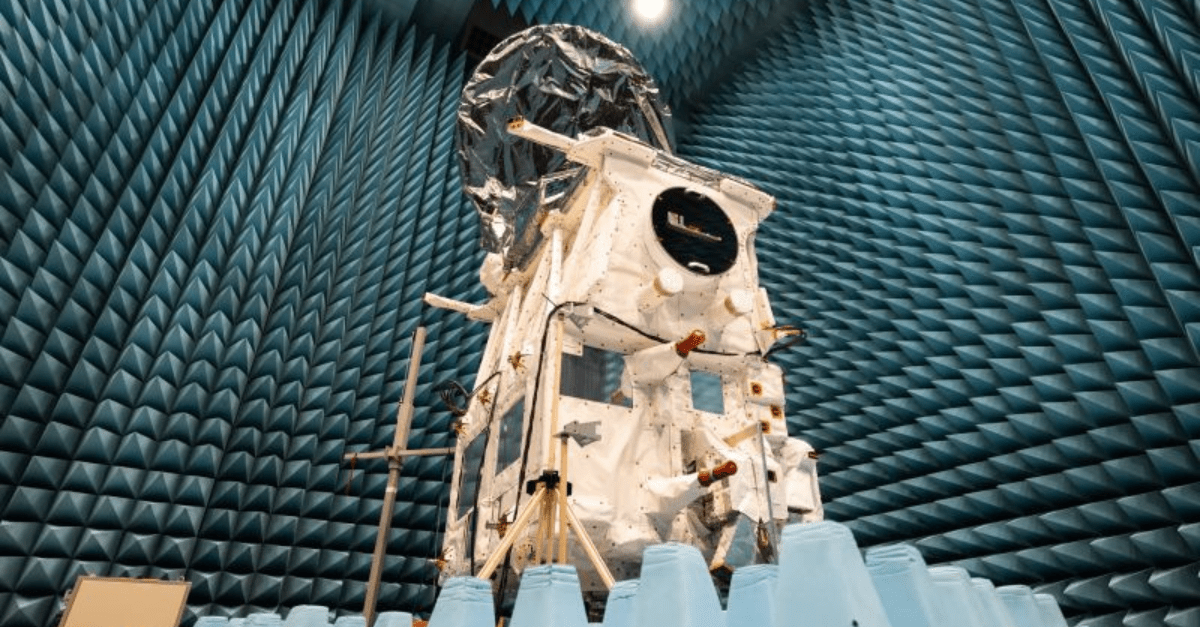
The EarthCARE satellite contains key technology that was developed in Switzerland by the companies Beyond Gravity, Thales Alenia Space Switzerland and APCO Technologies. EarthCARE is a joint project between the European Space Agency (ESA) and the Japan Aerospace Exploration Agency. According to the ESA, the "most complex Earth Explorer mission" to date is part of the Earth Explorer programme, which consists of a series of satellites. ESA's EarthCARE project manager Dirk Bernaerts is quoted as saying that EarthCARE will “deliver the data that is so needed by the scientific community”.
With its unique set of four instruments, EarthCARE will investigate the role that clouds and aerosols play in reflecting solar radiation into space and in capturing infrared radiation emitted from the Earth's surface. The aim is to optimize forecasts of global warming and improve numerical weather predictions.
"The expectations for EarthCARE are actually quite high," explains Mission Manager Björn Frommknecht in an ESA video. This will be the first time, he says, "that the current climate models can really exploit to the full extent, because of the spatial resolution, satellite data and, for the first time, see inside clouds”.
The drive mechanisms for EarthCARE's 21 square metre solar array were developed and manufactured by Beyond Gravity in Zurich. This product will also contribute to the success of the mission. In Zurich, Beyond Gravity also manufactured the central tube and structural panels for EarthCARE. The central tube is the central cylinder which houses important components such as the tanks. According to a LinkedIn post from Beyond Gravity, which is headquartered in Zurich and is part of RUAG International, the company is also responsible for the thermal insulation that protects the satellite from the extreme heat and cold in space. The insulation was developed and manufactured at Beyond Gravity’s sites in Austria.
Thales Alenia Space Switzerland from Zurich provided the High Spectral Resolution Etalon, key unit of the main instrument of the mission, the atmospheric lidar. APCO Technologies has developed a unique ultra-stable optical bench for this “heart of the satellite", as ESA calls it, as well as a set of ground support equipment for the platform.
At the beginning of March, the satellite began its journey from the clean room at Airbus Friedrichshafen to the SpaceX spaceport in Vandenberg, California. The launch of the Falcon 9 launch vehicle, also developed by SpaceX, which will take EarthCARE into orbit, is scheduled for May 2024. ce/mm
Related news
Meet with an expansion expert
Our services are free of charge and include:
- Introduction to key contacts in industry, academia, and government
- Advice on regulatory framework, taxes, labor, market, and setting up a company
- Custom-made fact-finding visits, including office and co-working space